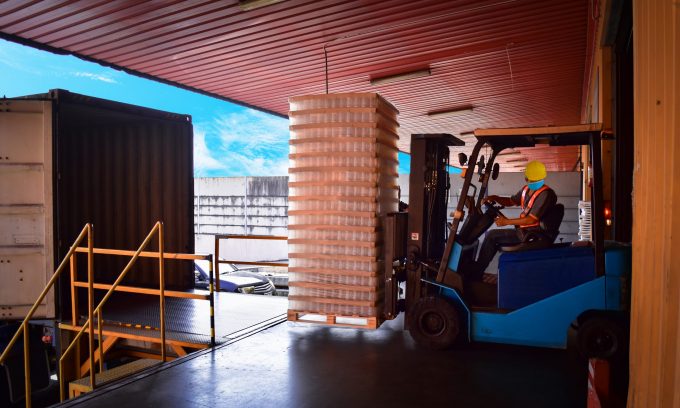ECU Germany head Marc Meier announces departure
ECU Worldwide’s regional head for Germany and Central Eastern Europe, Marc Meier, has announced that ...

ECU Worldwide is betting on further growth in India as global importers source more Asia-made goods to meet roaring consumer and manufacturing demand.
ECU is one of the largest global cargo consolidators and a leading non-vessel-operating common carrier (NVOCC) and CEO Tim Tudor told The Loadstar demand for LCL (less-than-container-load) services would continue to grow as ocean capacity tightened this year, because of widespread disruption caused by the pandemic.
“There are currently 100 vessels outside the port of Los Angeles, and similar delays ...
Volcanic disruption at Anchorage could hit transpacific airfreight operations
Macron calls for ‘suspension’ – CMA CGM's $20bn US investment in doubt
Forwarders stay cool as US 'liberation day' tariffs threaten 'global trade war'
Shippers snap up airfreight capacity to US ahead of tariff deadline
De minimis exemption on shipments from China to the US will end in May
Tighter EU import requirements proving 'a challenge' for forwarders
Looming Trump tariffs will create 'a bureaucratic monster' for Customs

Comment on this article